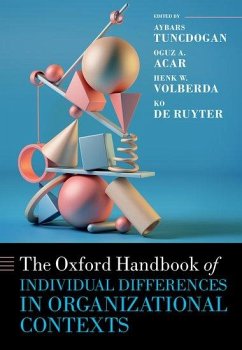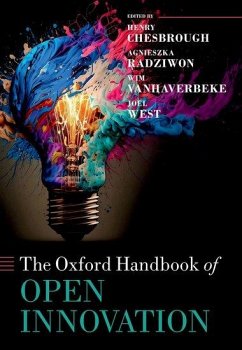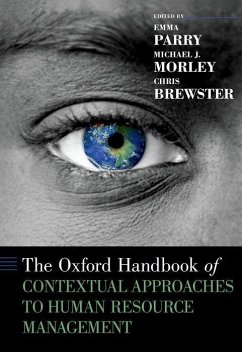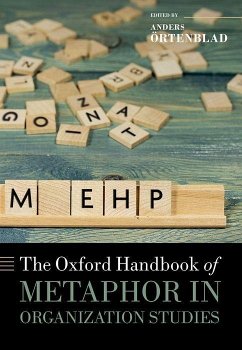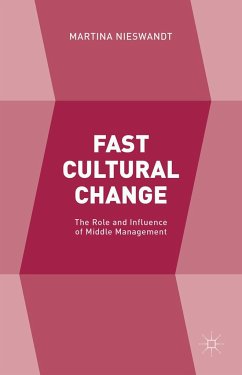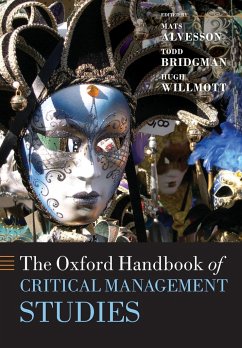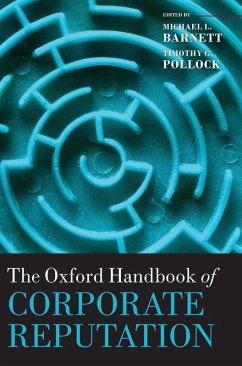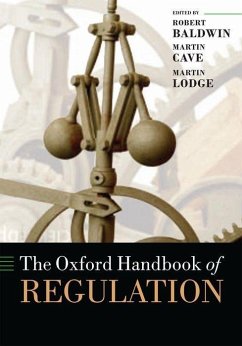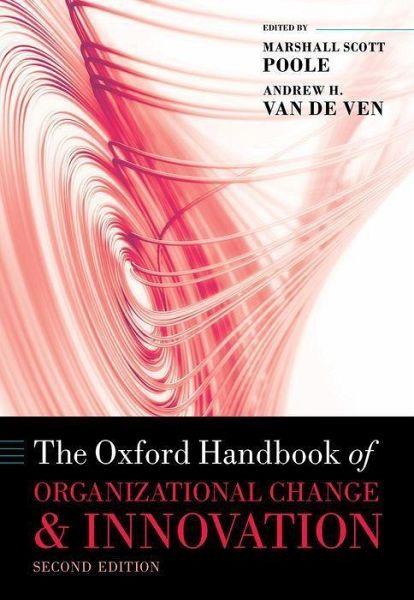
The Oxford Handbook of Organizational Change and Innovation
Versandkostenfrei!
Versandfertig in über 4 Wochen
225,99 €
inkl. MwSt.

PAYBACK Punkte
113 °P sammeln!
Why and what organizations change is generally well known; how organizations change is therefore the central focus of this Handbook. Leading scholars focus on processes of change and the factors that influence these processes, with the organization as the central unit of analysis.



